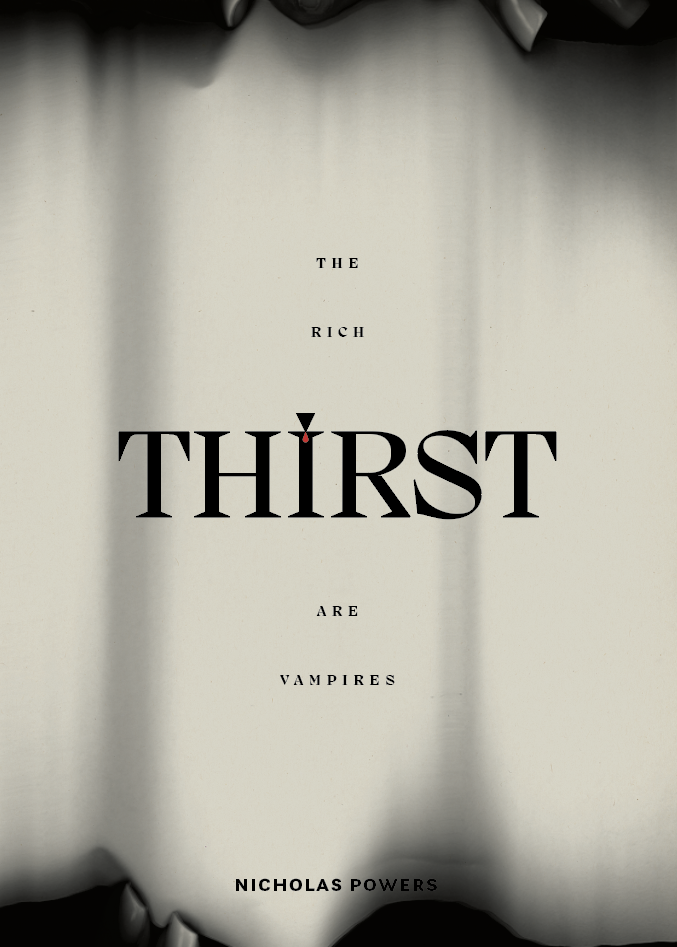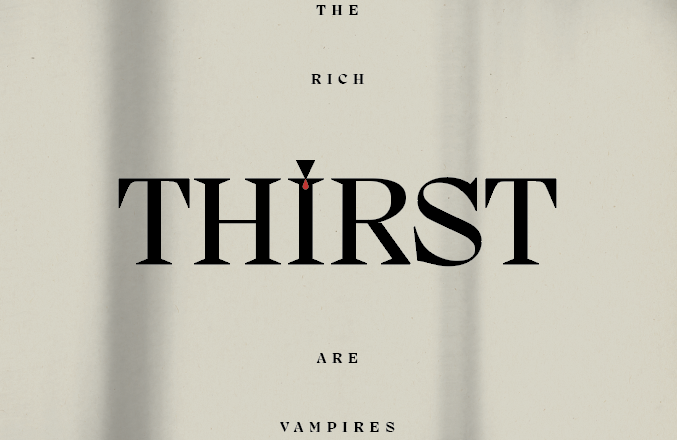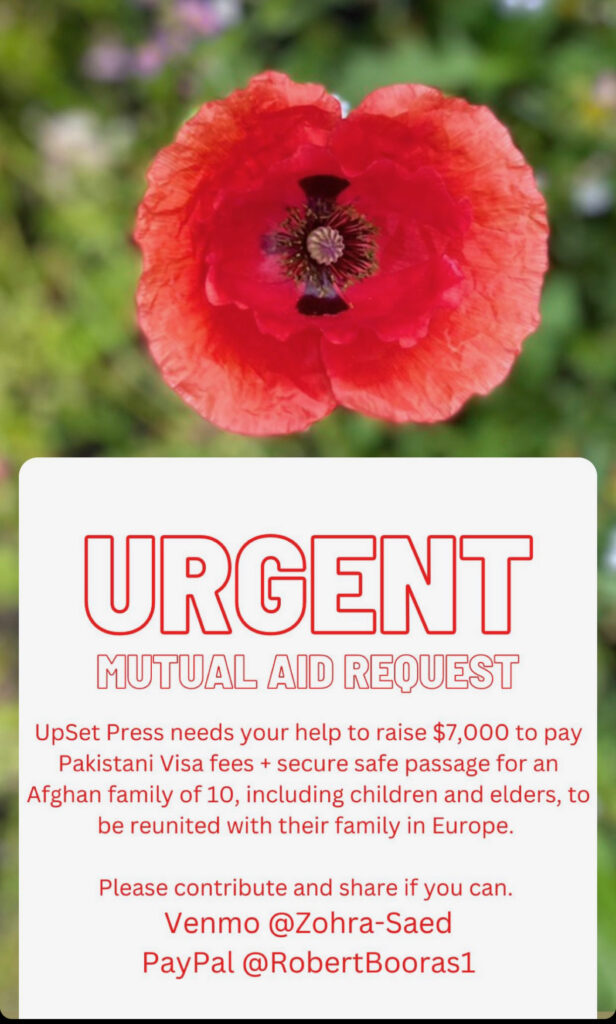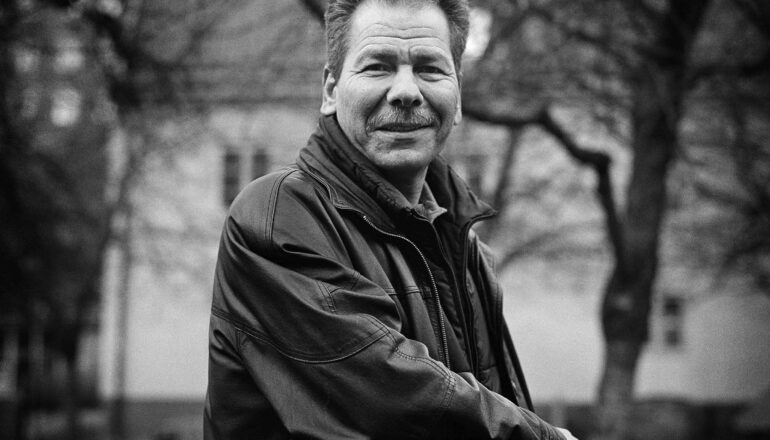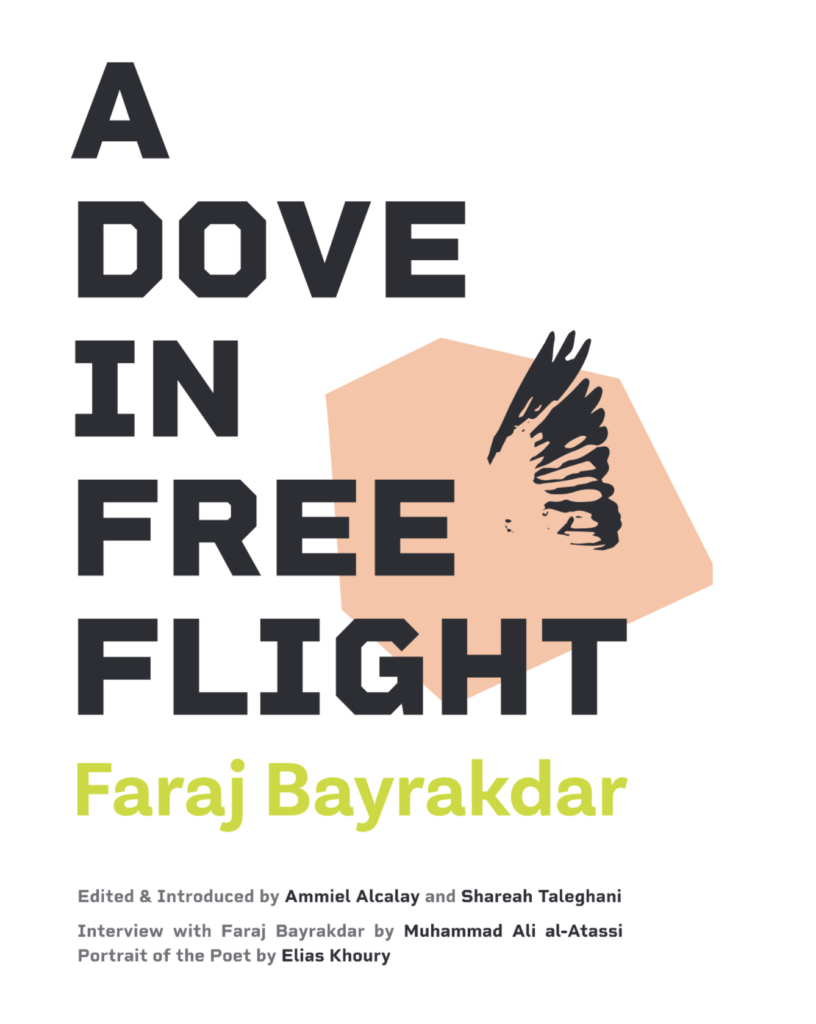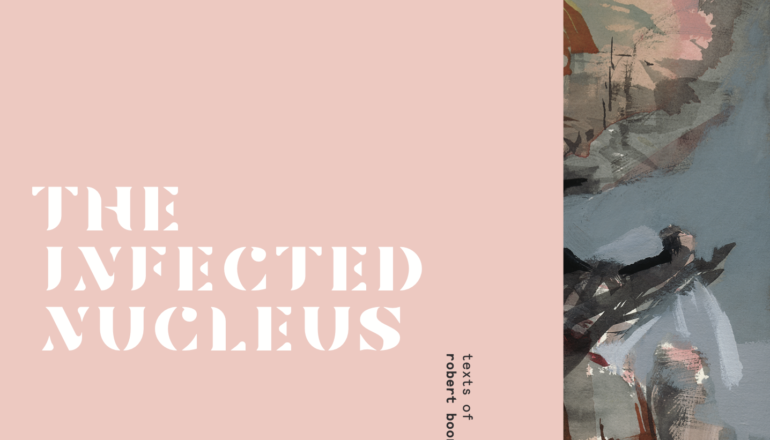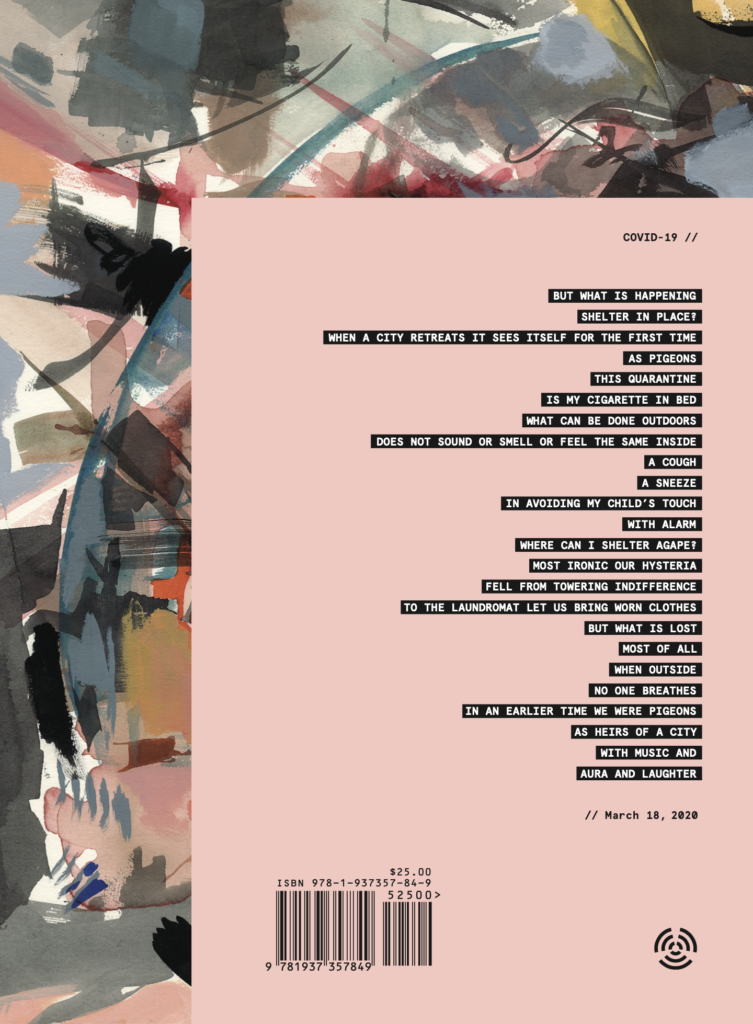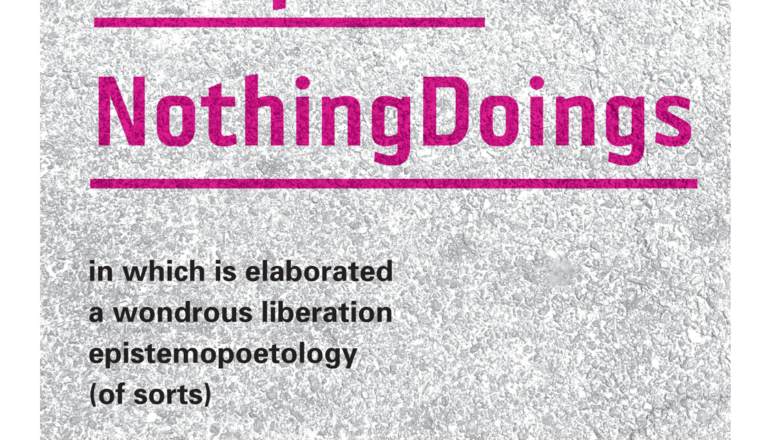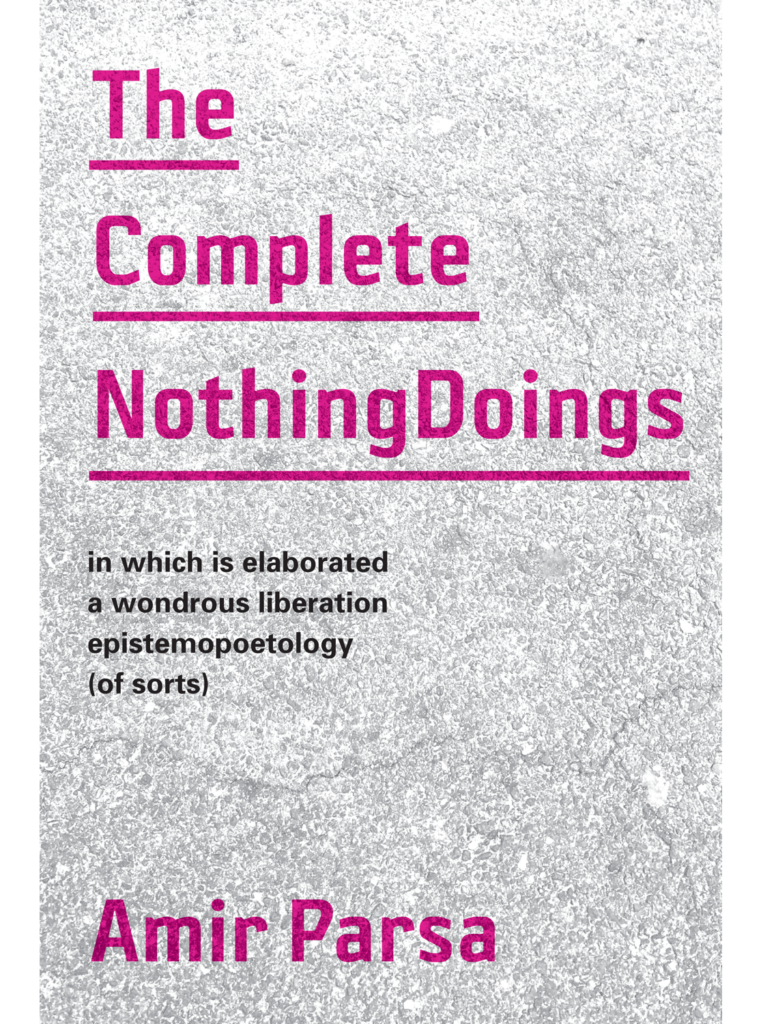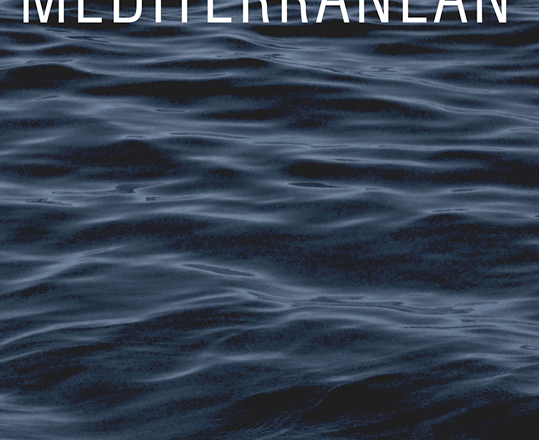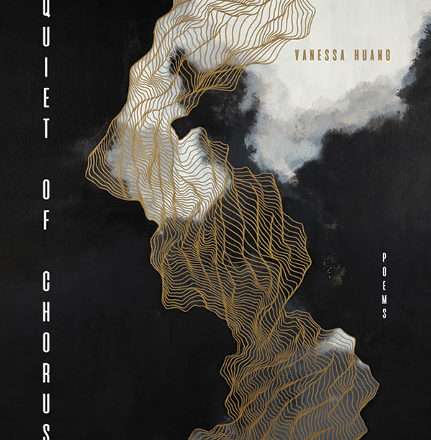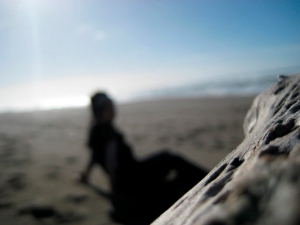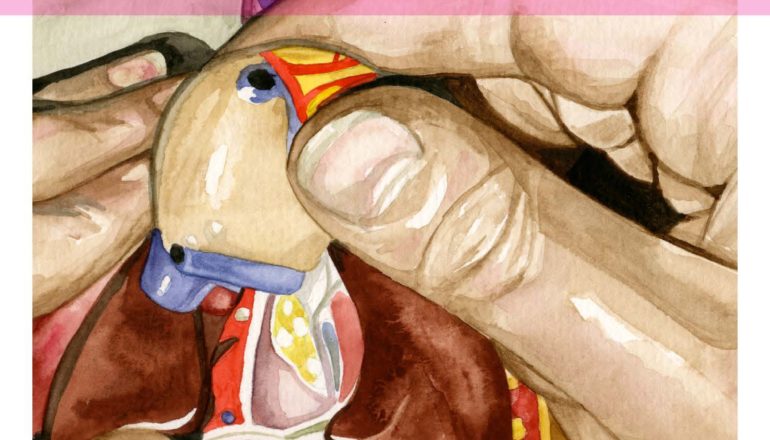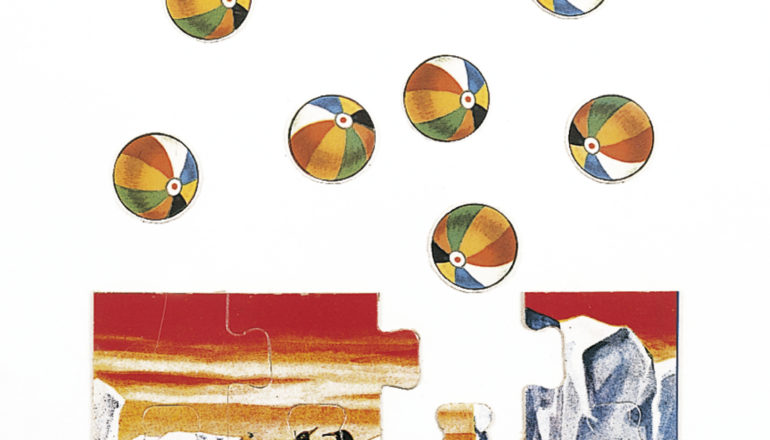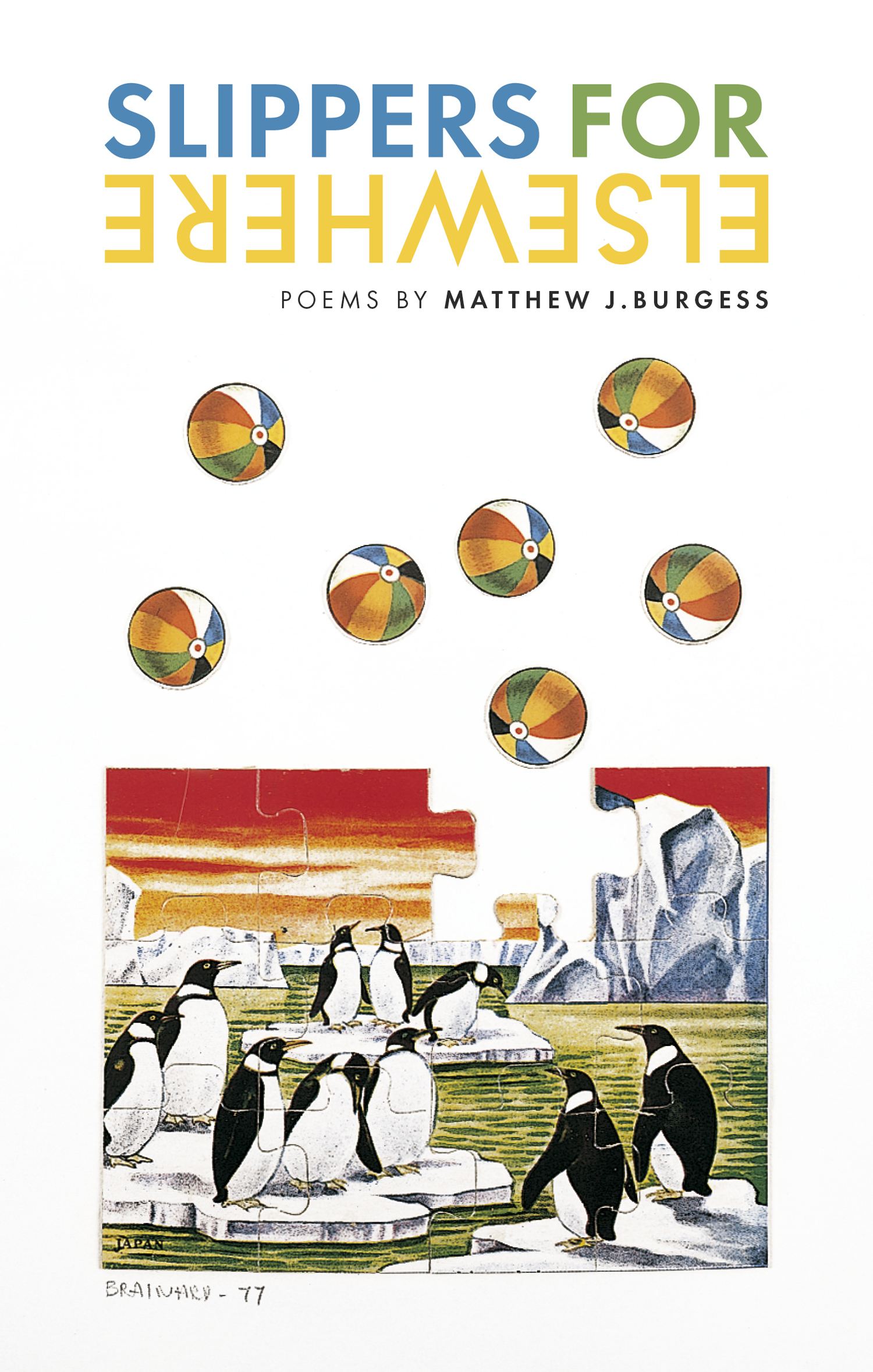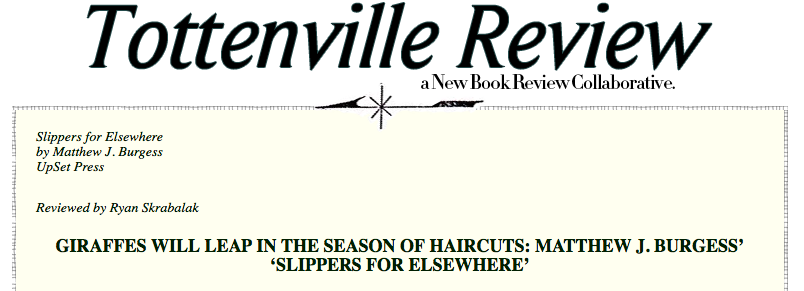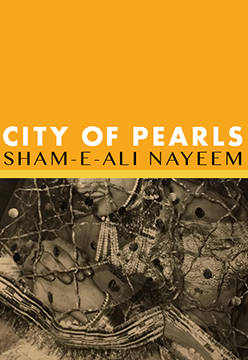
City of Pearls by Sham-e-Ali Nayeem, goes into second printing after selling out within its first year!
Pre-Order on Amazon!
“City of Pearls is one continuous gift-giver. Sham-e-Ali Nayeem lusciously, unselfishly and most certainly, unapologetically shares with us the magic and glory of story. Stories made from lived lives…full with words and images that speak of…place, purpose, father, family, fragility, strength, beauty, suffering, celebration. Stories to hold us tight…and inspire us to continue dreaming through it all.”
– Ursula Rucker, Supa Sista
“I was brought back to the landscapes of my childhood by these sensitive poems. So quietly but firmly do they evoke not only the shattered rocks of Hyderabad but also the ways in which some of us live perpetually between, belong neither to one place nor the other, always in transit, always hoping for news from ‘home.'”
– Kazim Ali, Inquisition
“This book is a hamlet, a jewel box, a compass. Sham-e-Ali Nayeem strings the tender odds and ends of memory into a dazzling odyssey across the continents of daughterhood and motherhood. We are born from places as much as people, these poems remind us. City of Pearls soars with the dignity mined from a life lit with leavings.”
-Yolanda Wisher, Monk Eats an Afro
“There is nothing more important to love than memory, and Sham-e-Ali’s stunning debut collection is full of love. Awash in the fragrance of mourning and yearning, these poems stretch out, split into tributaries, condense into coral clouds – above all, they nourish. Both affectionate and merciless, this book is a “place where it all worked out.” It is a gift to breathe with it.”
– Bao Phi, Thousand Star Hotel

Sham-e-Ali Nayeem
Listen to Sham-e-Ali Nayeem talk about her poetry here on Full Service Radio
More on her performance with contemporary Afghan composer, Qais Essar, at The Kennedy Center: “Now You See Us”
Sham-e-Ali in the Washington Post’s The Lily: 3 Questions with Sham-e-Ali
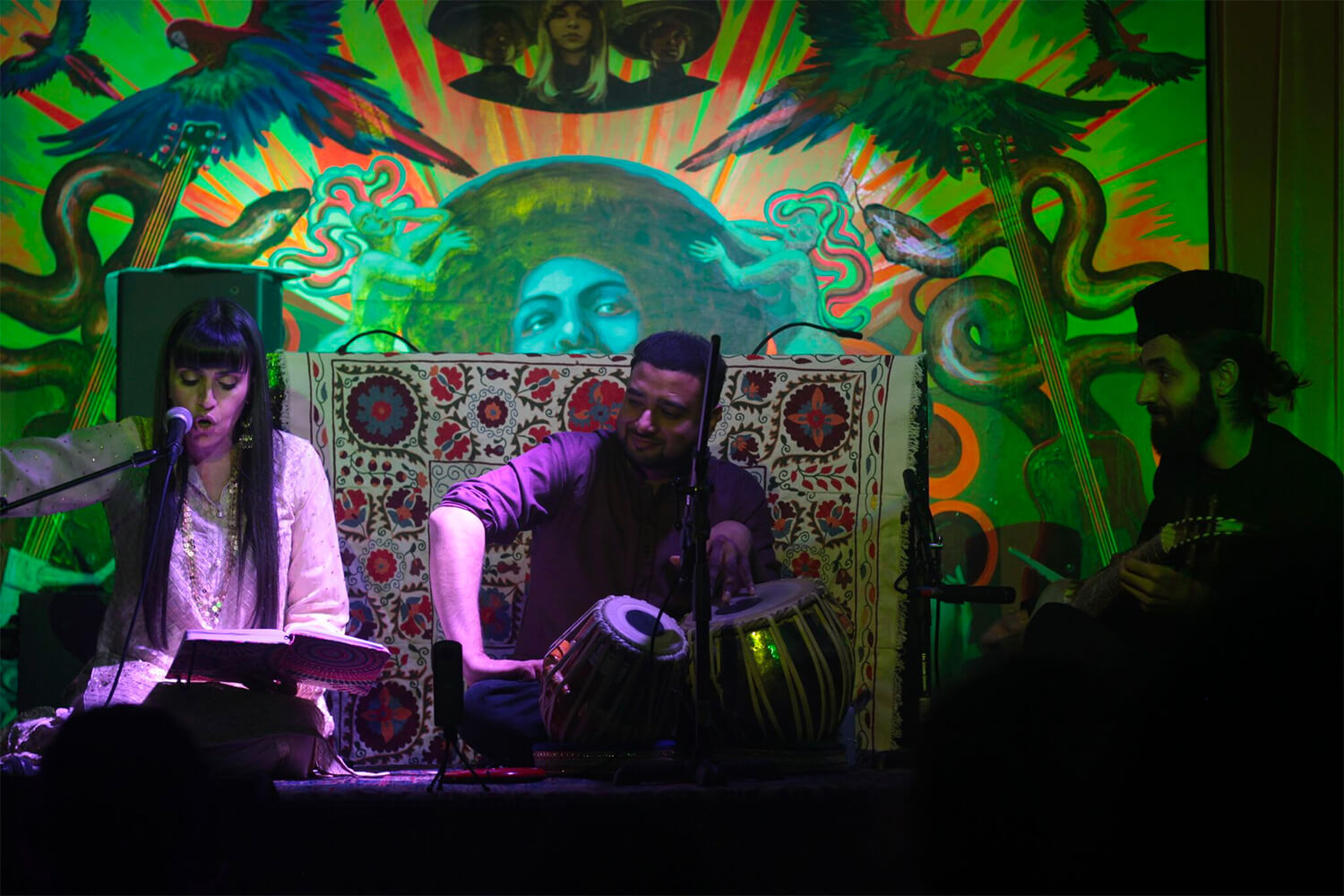
About the Author:
Sham-e-Ali Nayeem is a poet and visual artist who was born in Hyderabad, India and raised in both the UK and the US. A former public interest lawyer supporting economic justice for survivors of family violence, Sham-e-Ali is a recipient of the Loft Literary Center’s Spoken Word Immersion Fellowship.
River Musi
my beginning lies by the river musi
bisecting my birthplace
between old and new city
tributary and life source
to a city of pearls.
musi flows like a thin fissure
in a heart now split in two.
polluted river swells and recedes
streaking oily rainbow ripples
over glossy water.
south of the river, old city
with my father’s home and it’s shia shrines
heart and eyes
memory of floods and
earth that cradles rebellious bones.
north of the river, mallepally
with my mother’s home and it’s winding streets
lungs and gut
and breath that does not remember
when the sky dips low to kiss you.
on some other earth
under a different sky
i dream you.
do you remember me?
your daughter
born at sunset
a beginning
of evening.
no matter how far
whatever bridge I cross
i kneel by your banks
tenderly cup you
in my hands.
(c) Sham-e-Ali Nayeem from City of Pearls
City of Pearls
